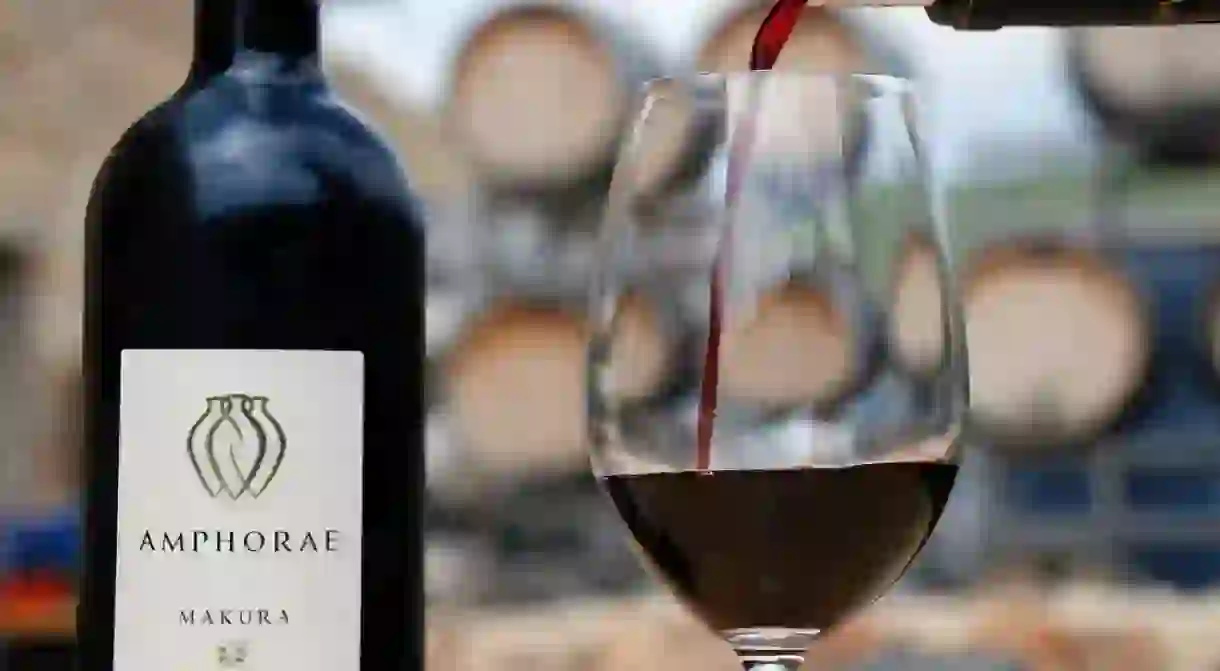Why Wine Drinkers Need to Take Israel Seriously

Thinking of great wine producing nations, our minds turn to the likes of Italy and France, two countries where pride in their wine is so great that their politicians have argued over whose is better. However, quietly and surely over the last decades, Israel’s burgeoning wine industry has placed the country on the map for wine connoisseurs, with its plethora of wineries, quality products, festivals and wonderful wine bars.
Israel’s wine revolution
While the story of Jewish wine can be dated as far back as biblical times – the Torah is abundant with references to the vine, grapes and wine – it wasn’t until the 1980s that Israel revolutionised its wine industry. Surprisingly, the story of this revolution involves a war and a professor from University of California Davis.
In 1967, less than 20 years after the state of Israel was established, a war took place between Israel and its Arab neighbours. Within six days, the war was over, Israel had defeated its enemies, and in the process captured an area of land called the Golan Heights.
Five years later, a visiting American professor and wine expert, Cornelious Ough, suggested that this lush, hilly region would be an excellent place to grow quality grapes. The next few years would see the kibbutzim and moshavim – communal Israeli living communities – heed Ough’s advice and begin planting vineyards and, in turn, the foundations for Israel’s eventual prowess in the wine industry.

Israel’s wine industry today
Today, Israeli wine is increasingly receiving the recognition it deserves. Venerable wine magazine Wine Spectator recently featured Israeli products on its cover, while Conde Nast Traveller ranked Israel as the third hottest wine destination for 2016. Hebrew University of Jerusalem – arguably Israel’s most prestigious university – now even offers a winemaking degree.
Israel has numerous well established wineries, the oldest and most well known of which is the Golan Heights Winery. Also in the Golan Heights is the Pelter Winery, while in the southern Negev desert, in starkly different surroundings to the lush greenery of the Golan, is the Boker Valley Vineyards Farm. Moreover, the Agur Winery is one of almost forty boutique wineries in the Judean Hills’ Elah Valley area. The options are endless!

Aside from its wineries tucked away in gorgeous landscapes, Israel has plenty more to offer wine drinkers. Every August a major wine festival takes place in Jerusalem, which offers varieties from 60 wineries across Israel along with tasty food from local eateries and live music. Also highly recommended is the annual white wine festival at Hertzilya’s scenic port, which is just 30 minutes by car from Tel Aviv.
And if that isn’t enough for you wine connoisseurs, both Tel Aviv and Jerusalem boast wonderful wine bars. Chateau Shual is a must in Tel Aviv, next to the central Rabin Square, as is Red & White Wine Bar of Jerusalem’s Mamilla area, less than 20 minutes by foot from the Machane Yehuda shuk. Both serve boutique Israeli wines and delicious food.
https://www.instagram.com/p/BXXrEfYBG4U/?taken-at=246453578
Fine wine and the state of Israel have not always been synonymous, but if the rise of the country’s wine industry continues unabated, they sure will be soon.













